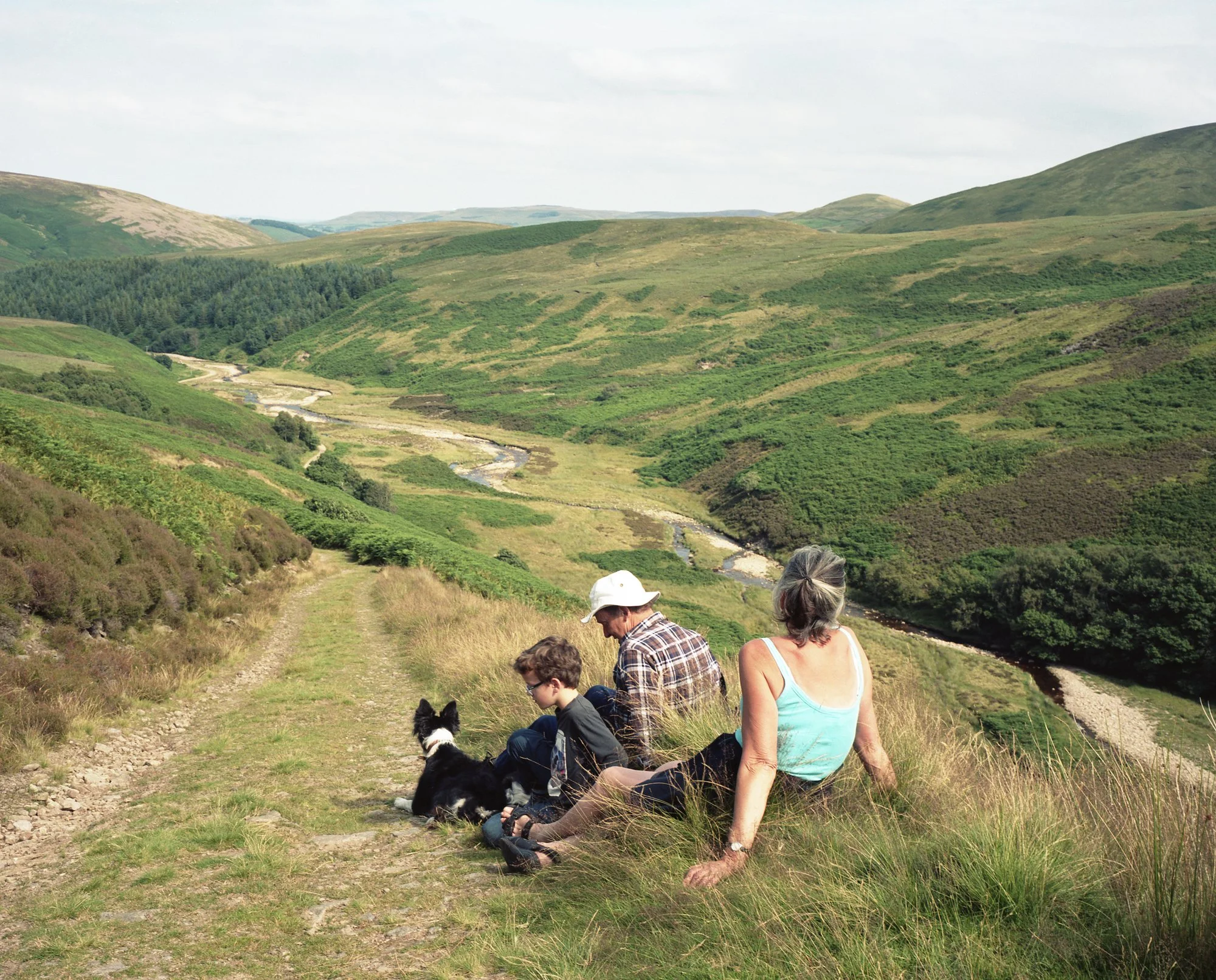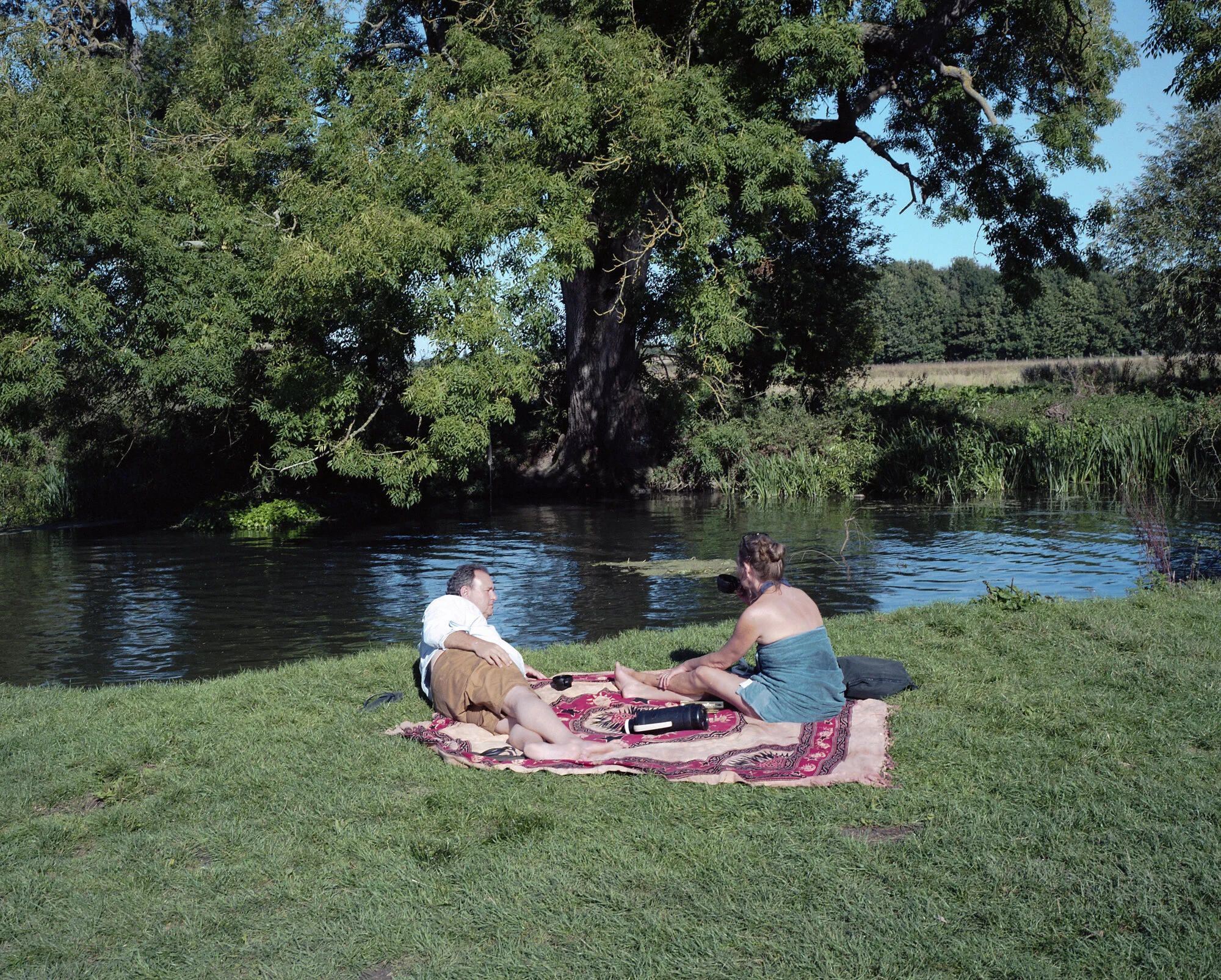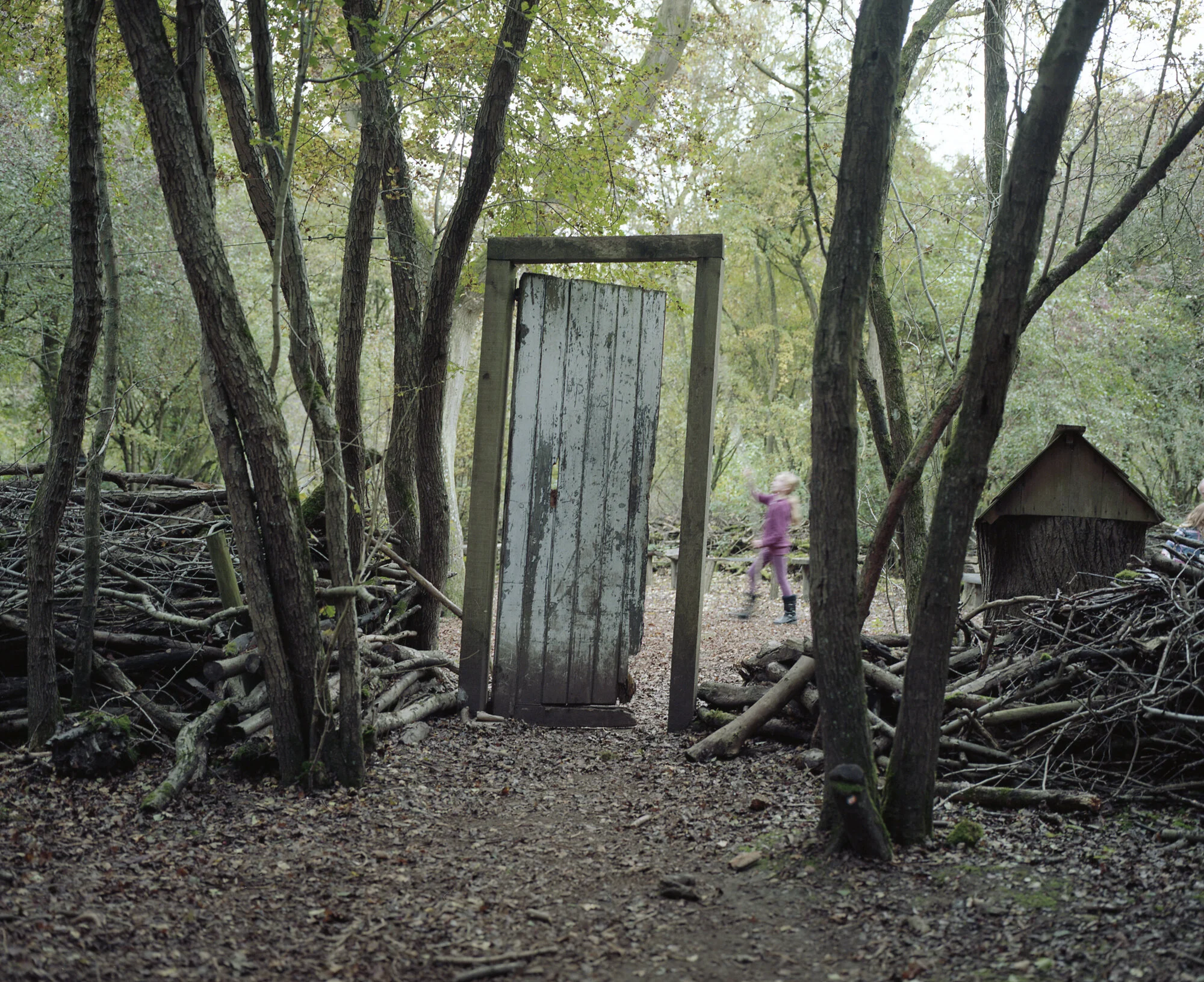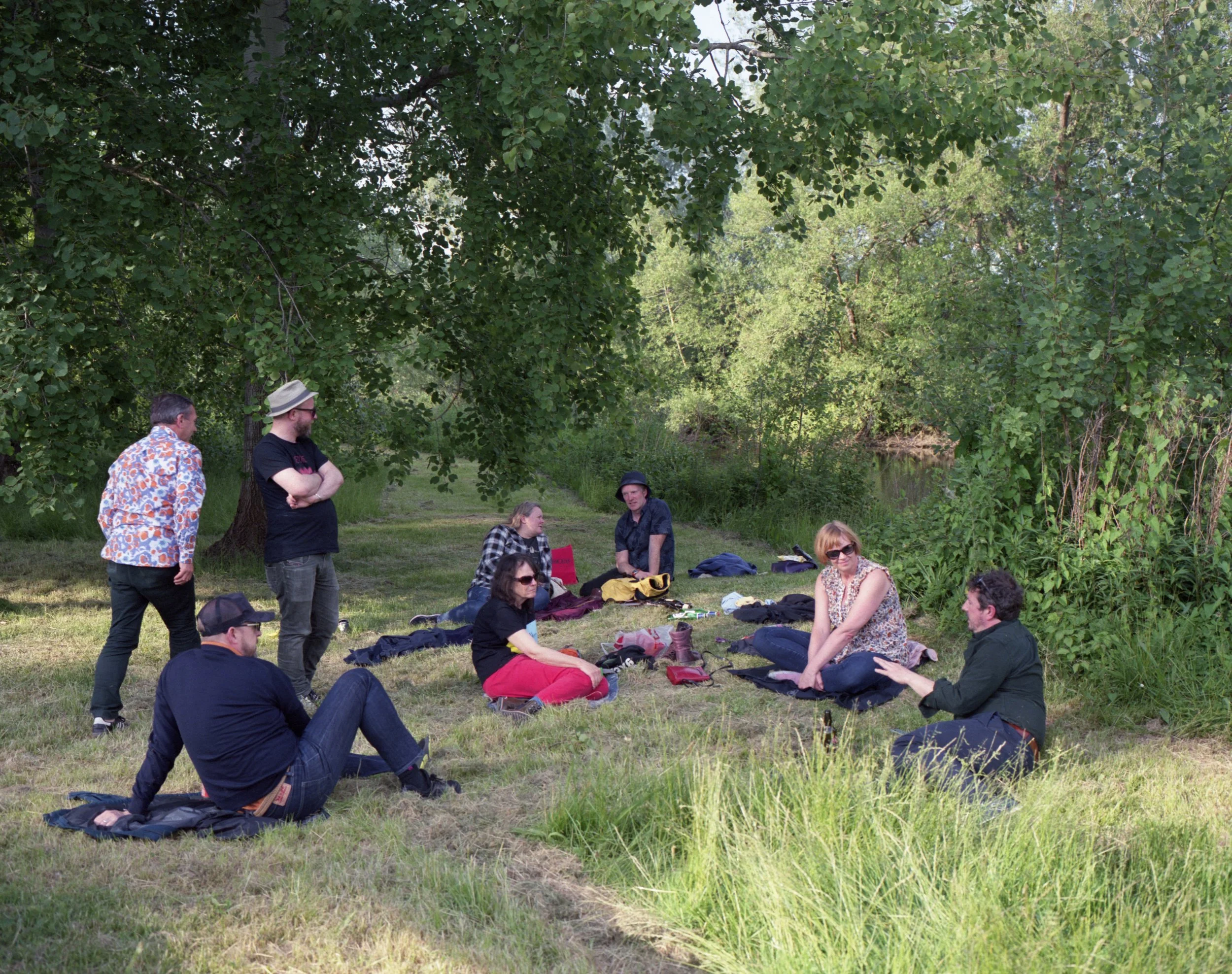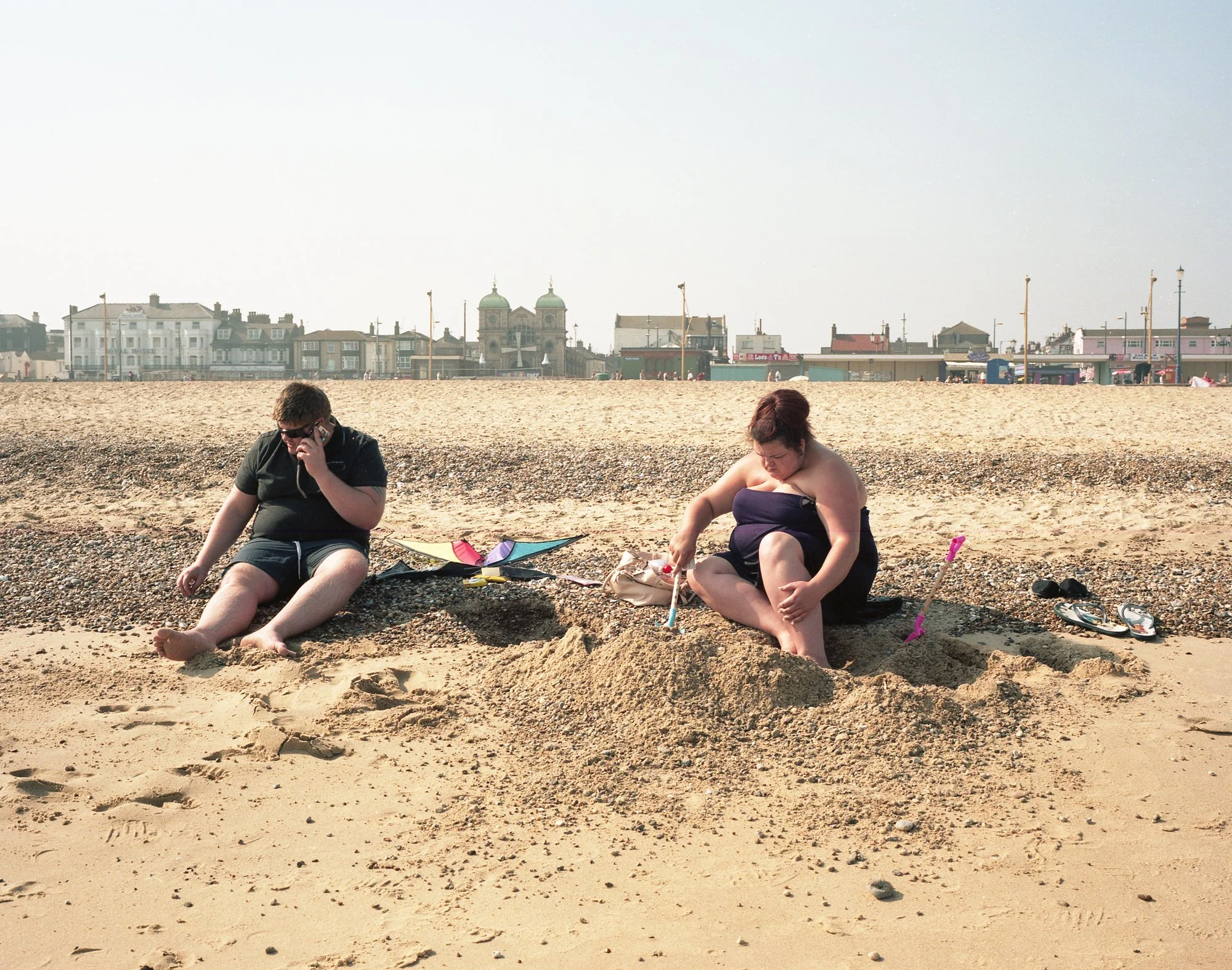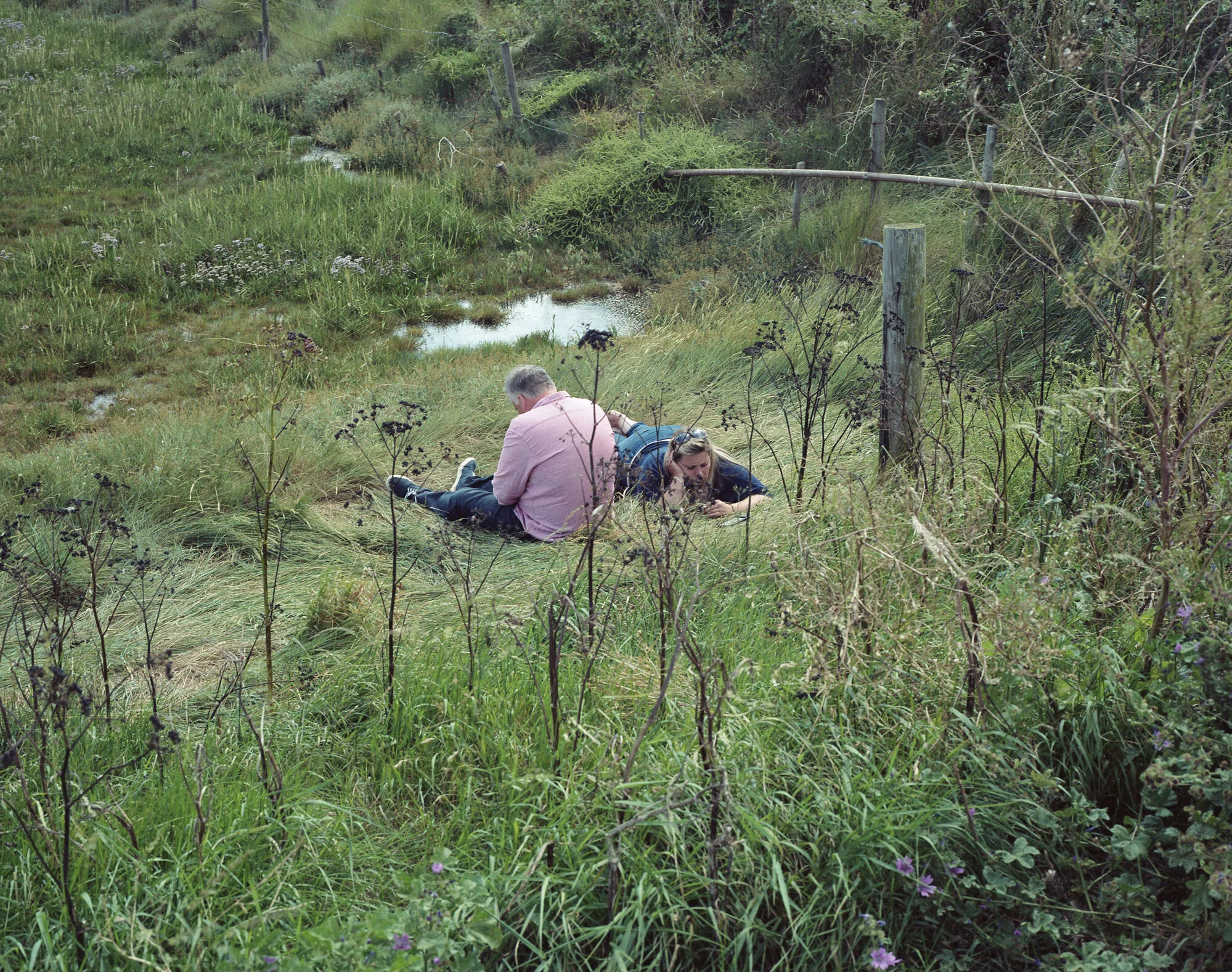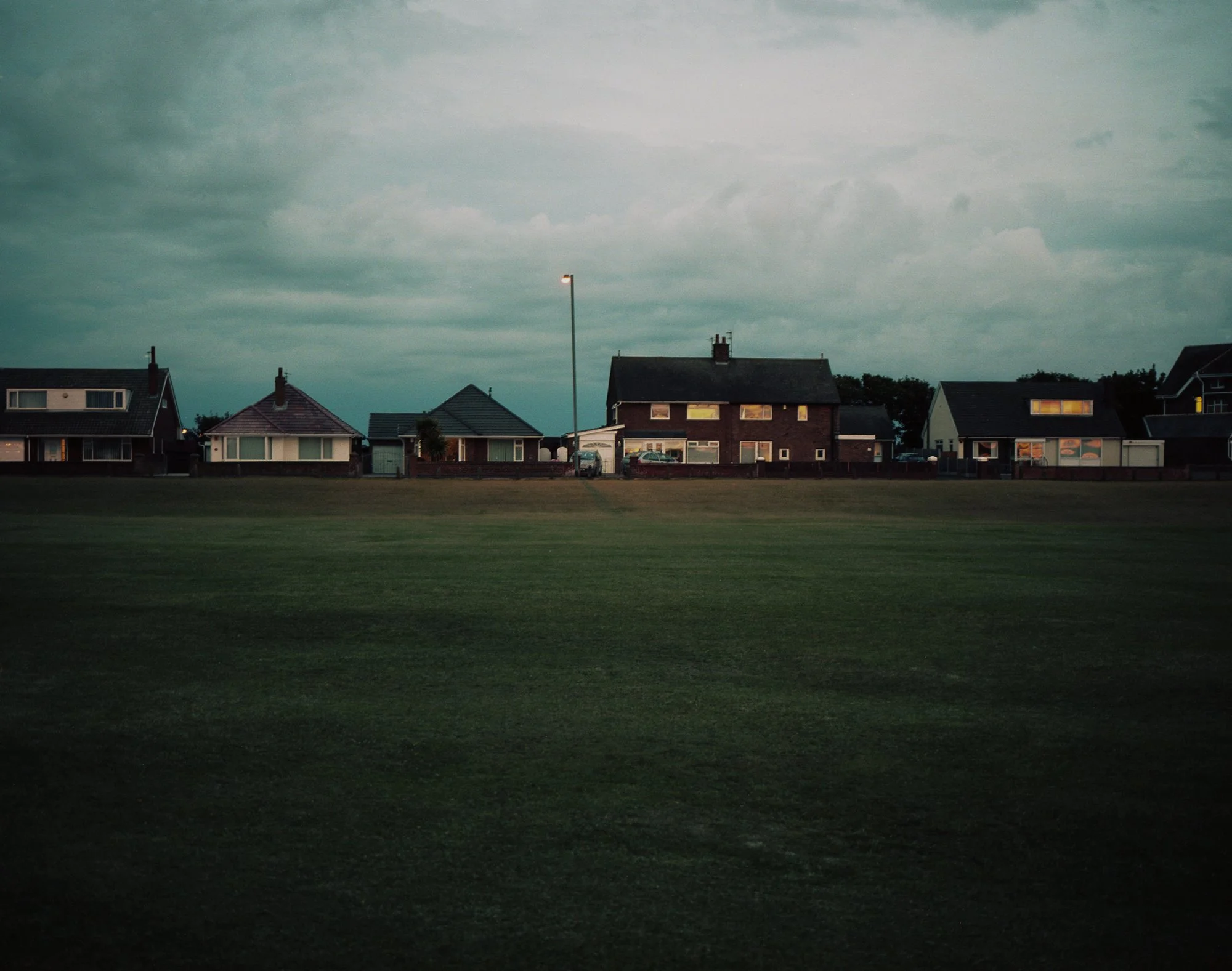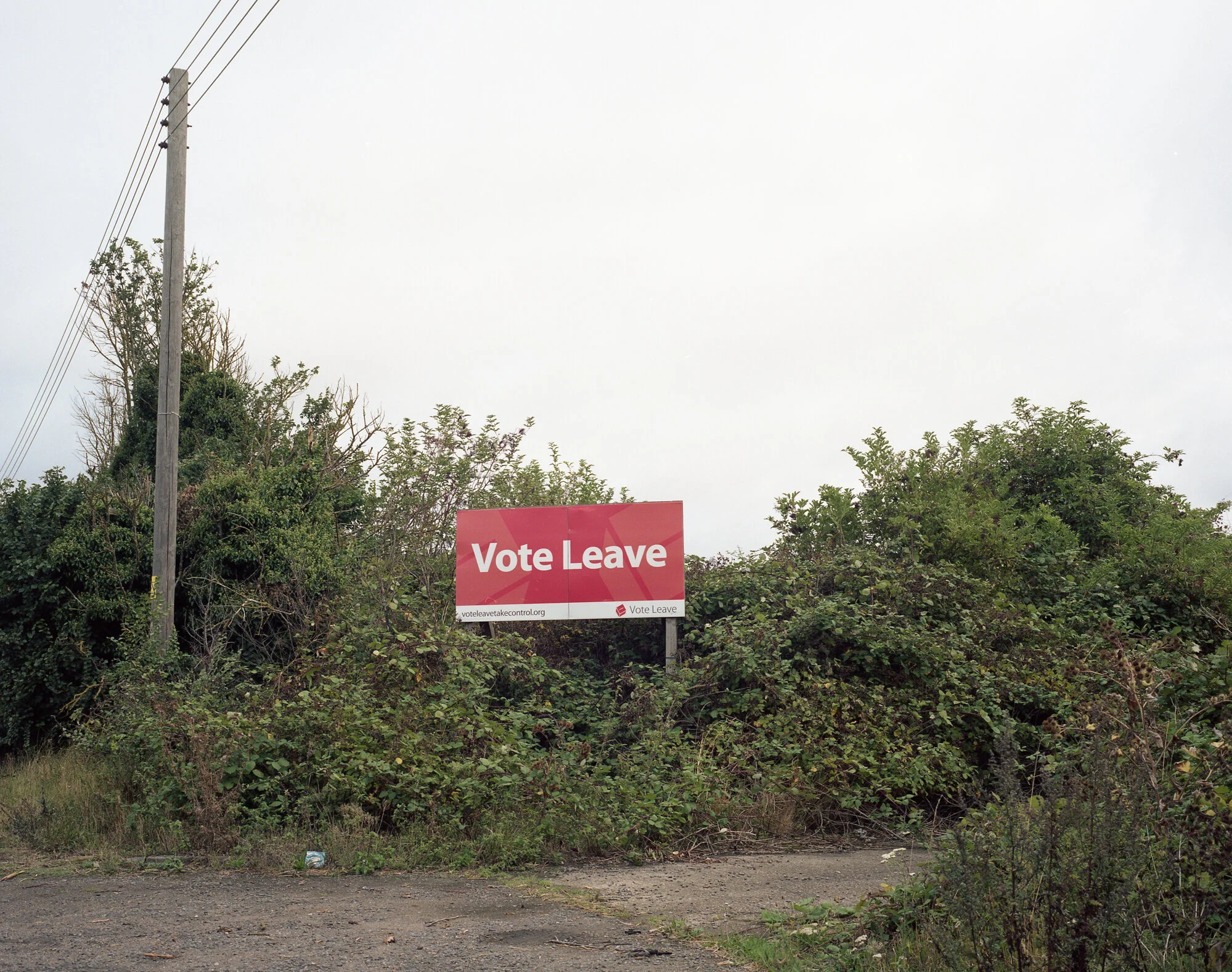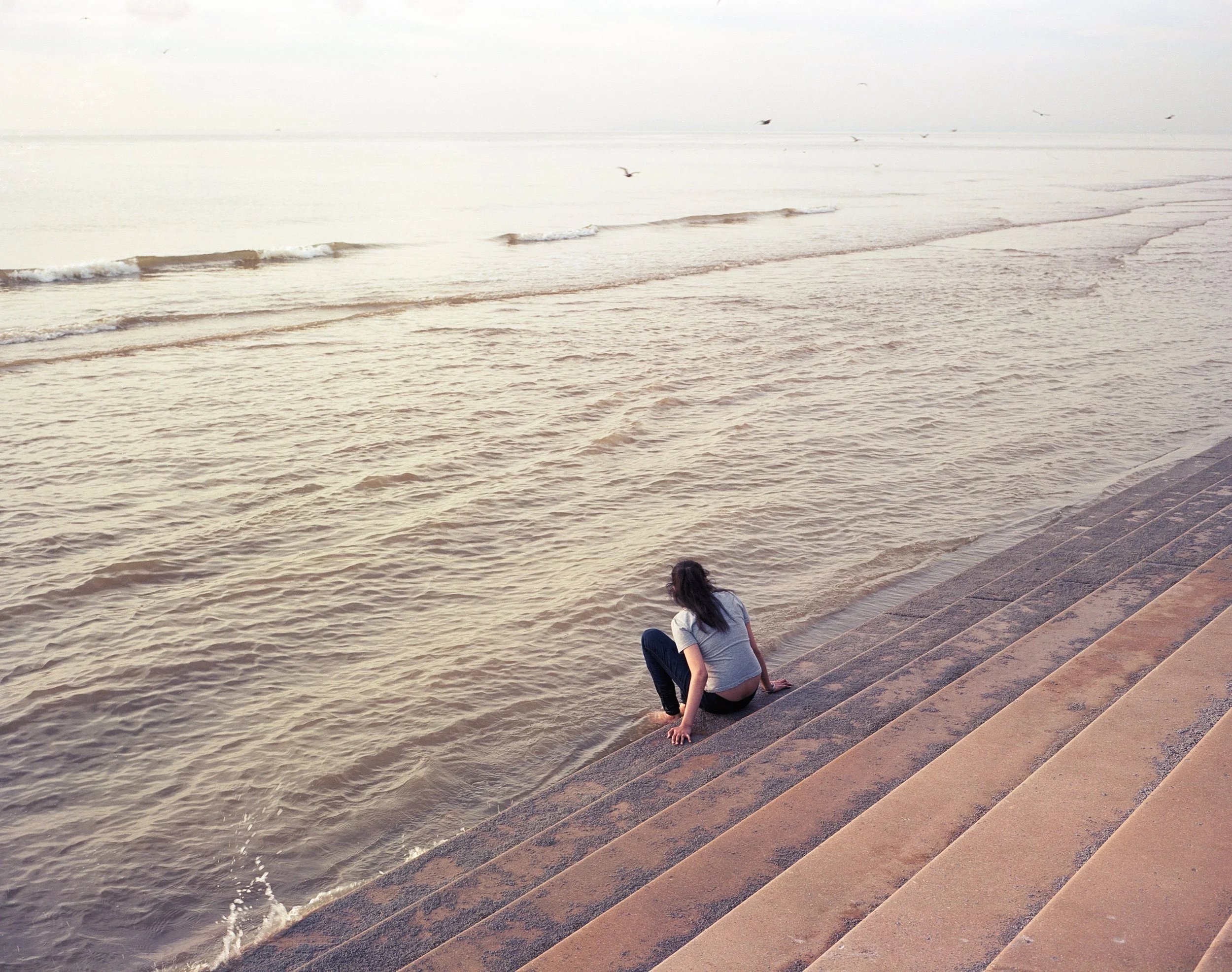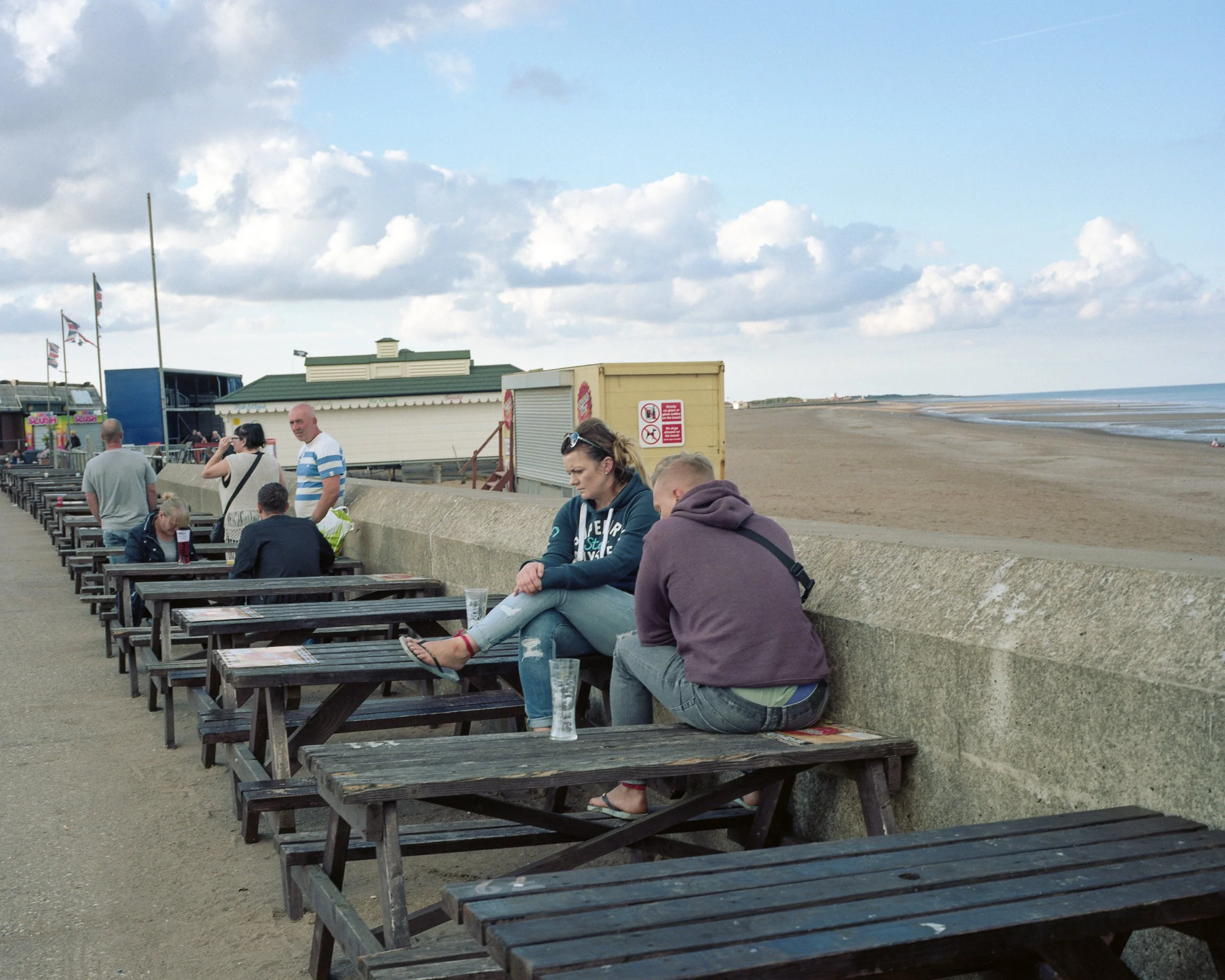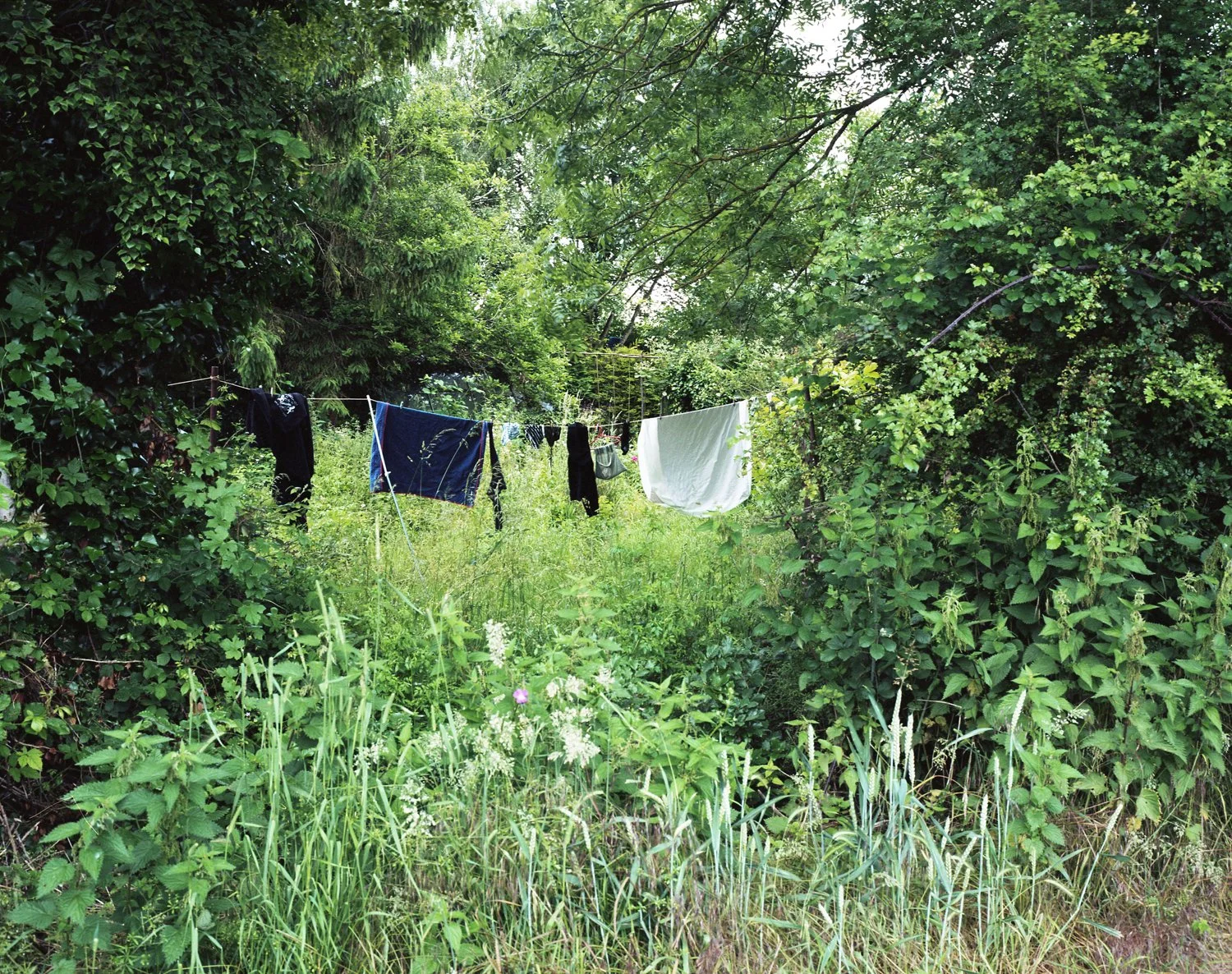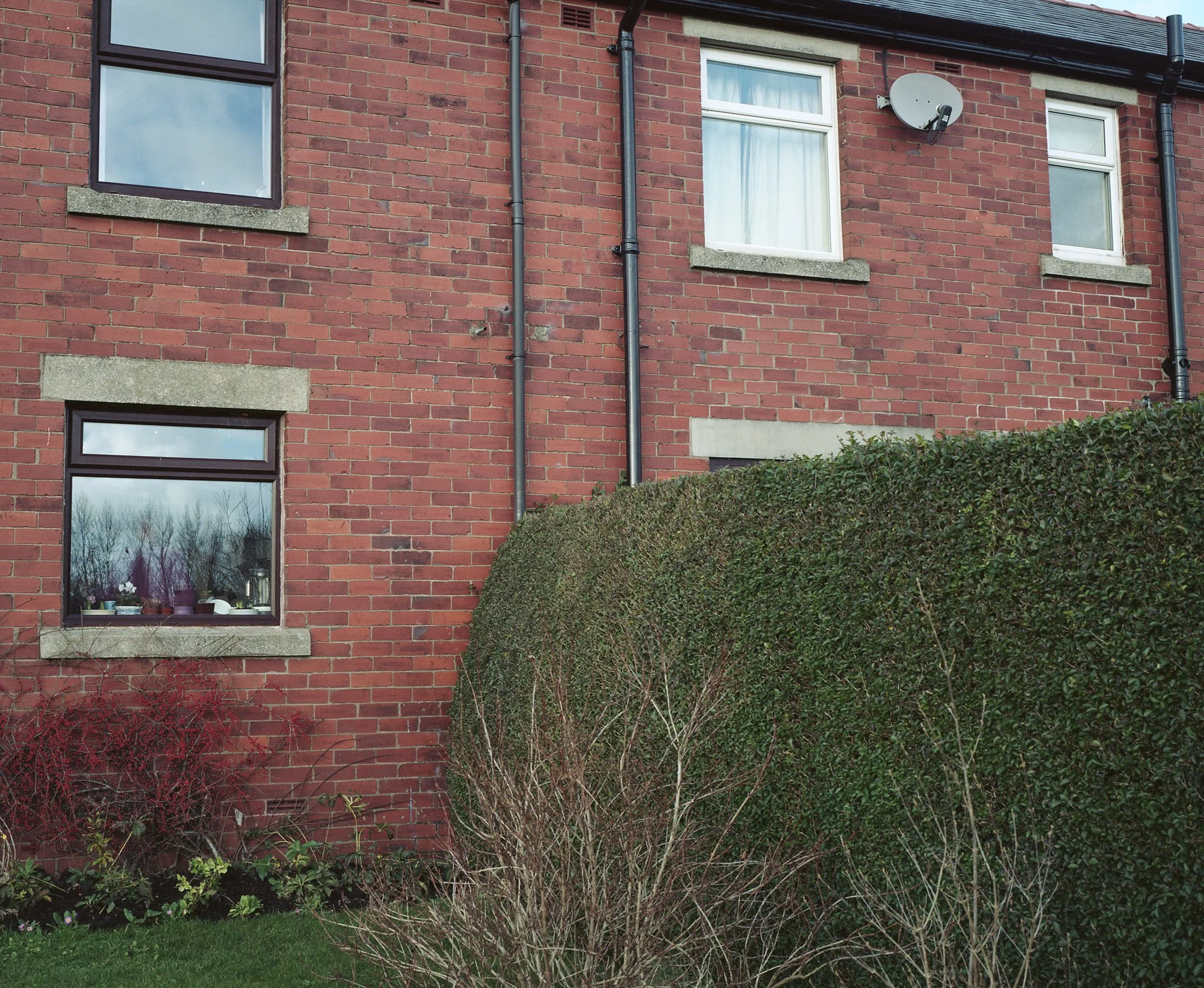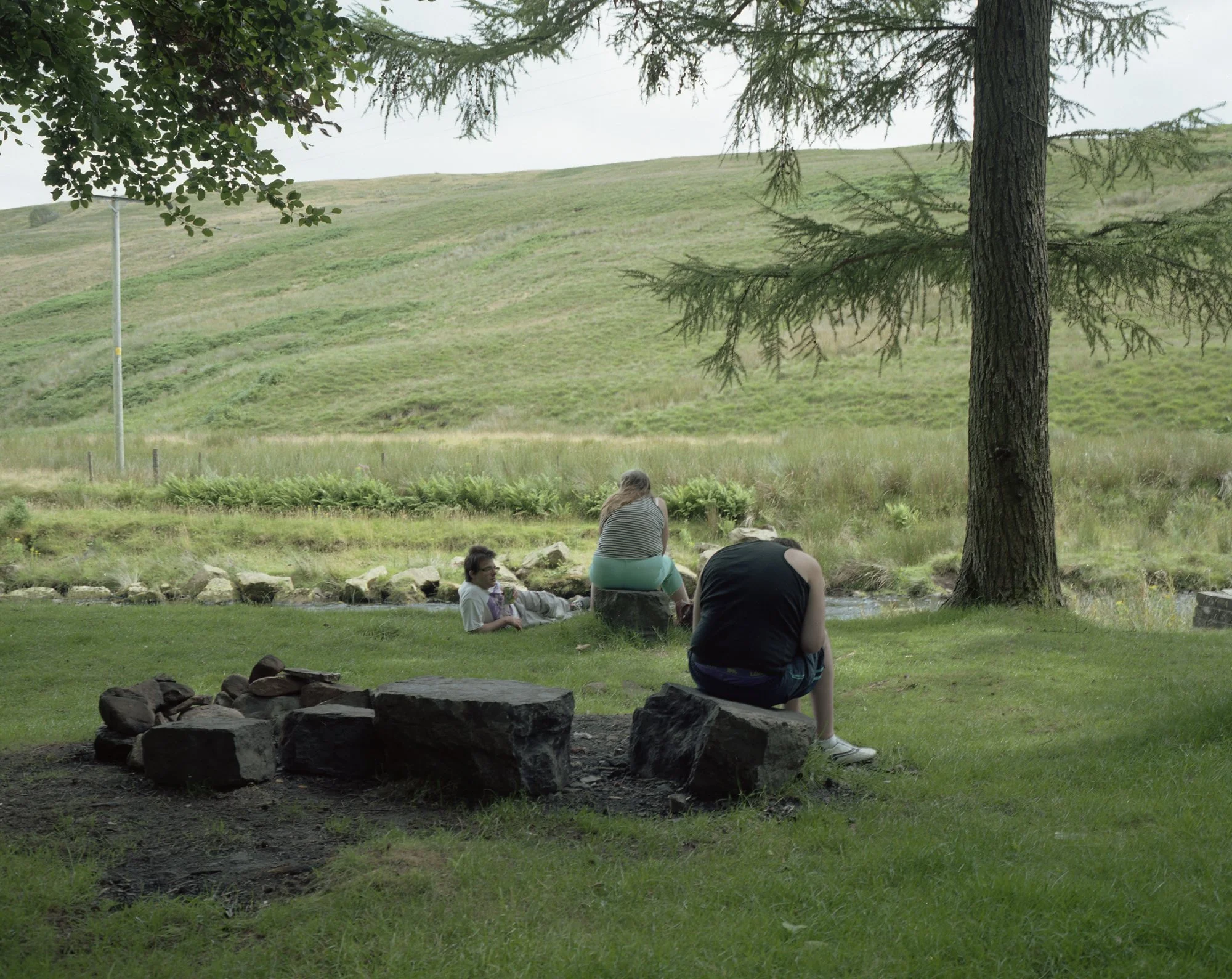Kingdom
British social landscapes (2016, ongoing)
I still remember that night in June 2016, alone in the garden in the small hours and the indifference of trees. The UK had just voted to leave the European Union. My husband was in another continent and my young son slept the innocent sleep of children. A million thoughts went through my head about the doom and gloom we were heading to, but also an intense fear and sense of betrayal. In a country that had seemingly welcomed me, perhaps in hindsight it hadn’t. I, as many others, had probably been the last drop in a full anti-immigration cup.
For weeks, many more feelings surfaced, none of them pleasant. Anger, sometimes a deep sense of mourning, or somehow both. By then I had been in the UK for more than 23 years, yet I was suddenly afraid to speak to anyone British. When I did, I tried to sound as British as possible, pushing and pulling my vowels and consonants, keeping it simple, just in case I would be found out. My efforts of integration all these years now seemed pointless.
It was clear I couldn’t live like this and I had to deal with it. I’ve always believed in being proactive in the face of adversity and this was no exception. I had to sublimate my feelings and explore the real reasons for what had happened. Aided by the many media resources available, I singled out a few places where people had voted to leave in huge numbers.
I discovered that the great majority of these leavers were in seaside towns, and in a few occasions I visited some of those places with my camera and sound recording equipment.
I was appalled to witness social landscapes of what seemed like total business and government neglect. Huge crowds of people suffering from obesity, depression, ill health and poor expectations, many using mobility aids to move around. Businesses and cultural initiatives, which crowded the affluent and gentrified centres, were visibly absent, and in their stead countless shops selling high calorie fast food and plastic knickknacks, a clear absence of community endeavours or spirit, where managing the day to day was the only option.
The research I had embarked upon brought me many questions, about how I see this country and how the country sees itself. I remember when I was very young and my own birth country came out of a dictatorship and soon afterwards joined the EU. There was then a sense of fresh air, a new cultural and social openness and an excitement about new opportunities. The event of Brexit felt very much like a reversal of this. The closing of the gates and being plunged back into a xenophobic dungeon, ruled by an equally representative clique of politicians..
My love for this country and what attracted me to live here were the beaming light in my research, but having visited those places I realised that most of these people hadn’t really voted to leave the EU, but rather voted to shake their vulnerable and confused existence, to make a stand with their voting power, to try for something else. Many were also led by false promises but the goal was the same, a vote against neglect.
With time, all my negative feelings were turned into an exercise of active observation of this country, its personality and hidden social codes. I became less concerned with the reasons for Brexit and more about understanding it, like a social anthropologist with a camera.
I understood why people are so polite, why hedges are so common, why class systems prevail, why if I’m sat on a long bench and I move aside for someone they will not take the seat, why conversations are short and superficial, why when speaking they aren’t listening to what I say but rather what I sound like, why people queue so well, why everything turns to humour, why there is such a herd mentality, why lost gloves are left on top of street signs. And this big WHY encompasses one single reality: an obsession with boundaries.
Like Cartier-Bresson once commented, British life is like a play to which we are not invited, but we can take a seat and marvel at its workings, always from the outside. We can either accept it and live with and get comfortable in your seat of otherness, or we will forever be baffled and confused.
So in 2022 I took that seat and became a British Citizen. My observation continues.
